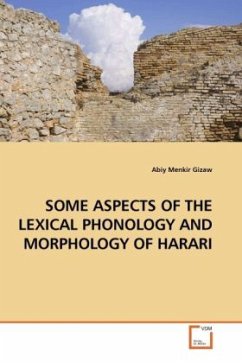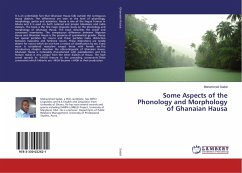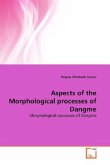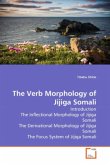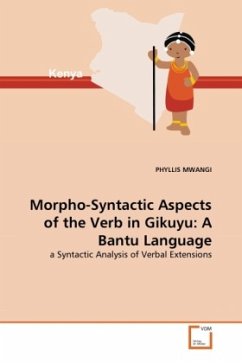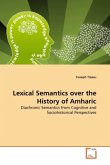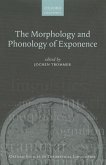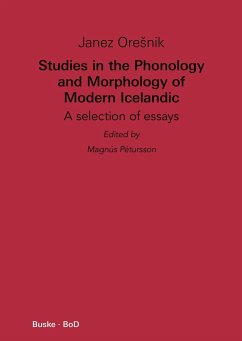There are different theories of phonology with different arguments and claims. Among these, Lexical Phonology and Morphology (LPM) is one. And given its interesting innovations, the claims of this theory have not been applied on Harari an Ethio-Semitic language. This is the main objective that this study tries to deal with. To do so, it is found important first to briefly touch upon the phonological description of the language. Accordingly, first a brief presentation is made on the phoneme inventory of the language where 24 consonant and 7 vowel segments are identified. In the subsequent chapters, the phonological and morphological processes in the language are discussed. Accordingly, the phonological processes of deletion, insertion, and assimilation have been discussed with relevant examples. Next, different morphological processes: suffixation, prefixation, circumfixation, infixation, compounding, cliticization, and zero derivation have been outlined with pertinent examples.These two chapters set the scene for the discussion of the major theoretical claims of LPM. Accordingly, the following chapter deals with issues that the theory of LPM innovated.
Bitte wählen Sie Ihr Anliegen aus.
Rechnungen
Retourenschein anfordern
Bestellstatus
Storno

